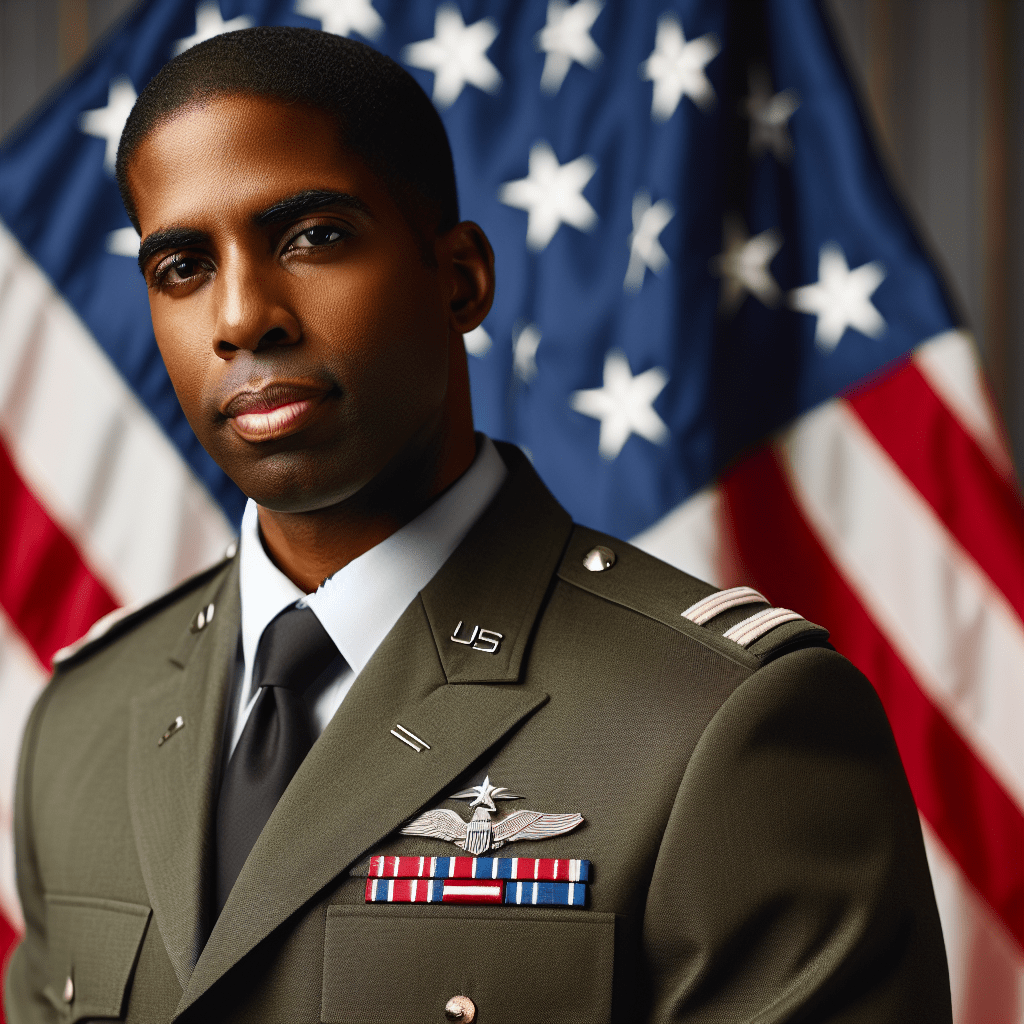Introduction to Lloyd Austin and His Role as Defense Secretary
Lloyd James Austin III is a retired United States Army four-star general who has garnered a reputation for his extensive military service, culminating in his current role as the United States Secretary of Defense under the administration of President Joe Biden. His appointment marked a historic moment as Austin became the first African American to lead the Department of Defense (DoD). Austin’s tenure as Secretary of Defense is characterized by his commitment to maintaining and enhancing the readiness and capabilities of the United States Armed Forces, as well as dealing with contemporary security challenges.
Military Background and Accomplishments of Lloyd Austin
Lloyd Austin’s military career spans over four decades. He graduated from the United States Military Academy at West Point, earning a commission as a second lieutenant in the infantry. Austin’s service included command positions at all levels, showcasing leadership and tactical acumen. Notably, he served as the Commanding General of U.S. forces in Iraq, overseeing the end of combat operations during Operation New Dawn.
He later advanced to strategic roles, such as the last commanding general of United States Forces – Iraq in 2011, followed by his duty as Commander of United States Central Command (CENTCOM) from 2013 to 2016. As CENTCOM commander, he had a significant role in overseeing military operations throughout the Middle East, including the campaign against ISIS.
Austin’s broad experience and operational competence molded his philosophy on military strategy and defense policy, which he brings to his role as Secretary of Defense. His accomplishments earned him numerous military decorations and awards, reflecting his deep commitment to service and leadership.
Strategic Initiatives and Challenges as Secretary of Defense
Since stepping into his role as Secretary of Defense, Austin has emphasized several key initiatives to heighten the effectiveness and modernization of the U.S. military. Central among them is addressing great power competition, particularly with China and Russia, reaffirming that these state actors represent significant strategic challenges. Austin has advocated for modernization across all branches of the military, including the adoption of cutting-edge technologies such as artificial intelligence and hypersonic weapons.
Among his challenges have been overseeing policy related to global threats such as North Korea’s nuclear program, ongoing operations in the Middle East, and responding to cybersecurity threats that target critical infrastructure and national security information.
Moreover, in alignment with the Biden administration’s priorities, Austin has also been active in tackling internal issues such as extremism within the ranks of the military, sexual harassment and assault, mental health concerns, diversity, equity, and inclusion—an effort that includes reviewing policies on the participation of transgender individuals in the armed services.
Austin has emphasized alliances and partnerships, actively collaborating with NATO and regional partners to ensure collective security arrangements remain strong and cohesive in response to modern threats.
Institutional and Workforce Reforms Introduced By Lloyd Austin
Austin has aimed to bring transformational changes to how the Pentagon operates. This includes advocating for responsible budgeting aligned with strategic objectives and trimming redundant programs or investments that no longer fit current defense needs. He has underscored the significance of accountability and efficient use of taxpayer dollars within defense spending.
On workforce development, Austin focuses on family support, housing, healthcare, and professional development for service members, shifting closer to a holistic approach to personnel management in service to national security. The continuous commitment to improving service member quality of life is intended to boost morale, retention rates, and recruitment appeal across all levels of military service.
